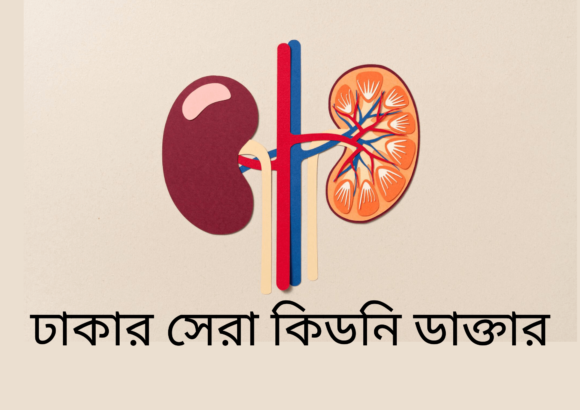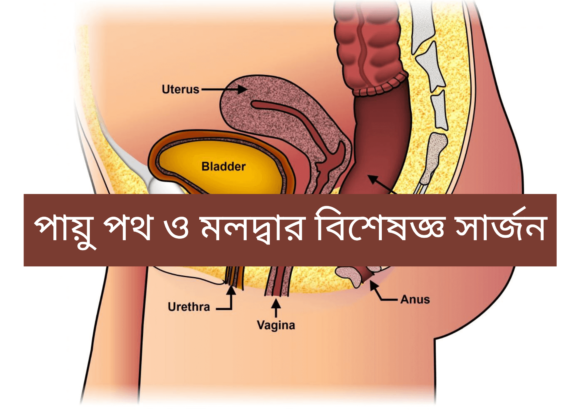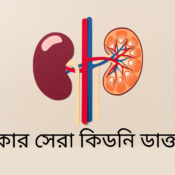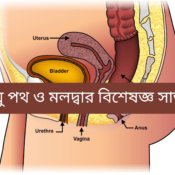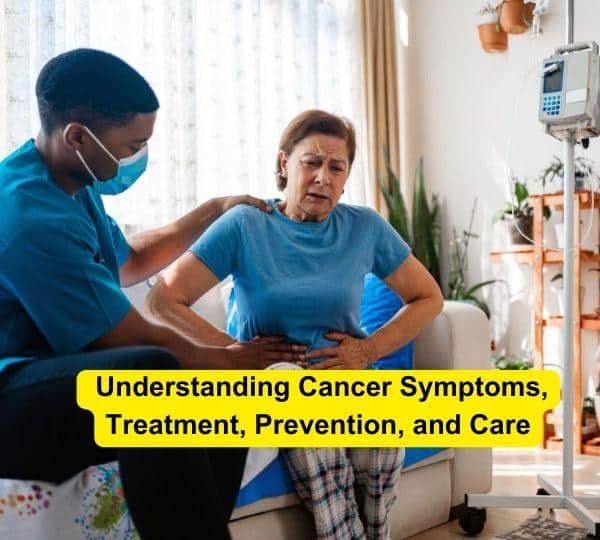
Cancer 101: Understanding Cancer Symptoms, Treatment, Prevention, and Care
Introduction
Cancer symptoms is a formidable adversary, affecting millions worldwide. By understanding its nature, symptoms, and available treatments, you can empower yourself and those around you to make informed decisions.
Understanding Cancer
What is Cancer?
Cancer is a group of diseases characterized by the uncontrollable growth and spread of abnormal cells. These cells can form tumors, invade nearby tissues, and metastasize to other body parts.
Cancer treatment options,
Cancer prevention,
Supportive care for cancer patients,
Coping with cancer emotionally,
Types of Cancer Cancer 101
Cancer can manifest in various forms, including breast, lung, prostate, and colon cancer. Each type has distinct characteristics, treatments, and prognoses.
How Does Cancer Develop?
Cancer develops when the body’s standard control mechanisms stop working. Gene mutations can lead to abnormal cell growth, evading the body’s usual checks and balances.
Common Cancer Symptoms
Persistent Fatigue
Unexplained and persistent fatigue can be an early sign of cancer. If you’re feeling tired even after adequate rest, it’s essential to consult a healthcare professional.
Unexplained Weight Loss
Sudden and unexplained weight loss could indicate an underlying health issue, including cancer. Consulting a doctor for a proper evaluation is crucial.
Skin Changes
Skin changes, such as darkening, yellowing, or excessive itching, should not be ignored. They might indicate skin cancer or other malignancies.
Read More: Why is prenatal ultrasound important? 5 Things you must know.
Changes in Bowel or Bladder Habits
Alterations in bowel or bladder habits could be potential signs of colorectal or bladder cancer. Seeking medical attention for these changes is vital.
Read More: Best Cancer Specialist Doctor in Dhaka
Diagnosing Cancer
Screening Tests
Regular screenings, such as mammograms and colonoscopies, are pivotal in detecting cancer at an early, more treatable stage.
Diagnostic Procedures
Biopsies, imaging tests like MRI and CT scans, and blood tests are used to diagnose cancer accurately and determine its stage and extent.
Colon Cancer Symptoms | Colorectal Cancer | 10 warning signs of Colon Cancer | Colon Cancer
Cancer Treatment Options
Surgery
Surgery involves the physical removal of tumors and affected tissues. It’s often used as an initial step to treat localized cancers.
Chemotherapy
Chemotherapy uses drugs to kill or slow the growth of cancer cells. It’s effective against rapidly dividing cells but can have side effects.
Radiation Therapy
Radiation therapy employs high doses of radiation to target and destroy cancer cells. It’s used alone or in conjunction with other treatments.
Targeted Therapy
Targeted therapies focus on specific molecules involved in cancer growth. They are less harmful to normal cells and have shown promise in many cases.
Immunotherapy
Immunotherapy harnesses the body’s immune system to fight cancer cells. It’s a revolutionary approach with remarkable outcomes in certain patients.
Supportive Care During Treatment
Managing Side Effects
Cancer treatments can lead to side effects like nausea, fatigue, and hair loss. Proper management of these effects can significantly improve a patient’s quality of life.
Emotional Well-being
Coping with cancer emotionally is equally essential. Support groups, counseling, and mindfulness techniques can aid in maintaining emotional well-being.
Preventing Cancer
Healthy Lifestyle Choices
A healthy lifestyle, including maintaining a balanced diet, regular exercise, and avoiding tobacco and excessive alcohol consumption, can lower the risk of developing cancer.
Screening and Early Detection
Regular check-ups and screenings allow for the early detection of potential cancer. Catching it in its early stages often leads to more successful treatment outcomes.
Advice for Cancer Patients
Building a Support Network
Building a solid support network of friends, family, and healthcare providers can make the cancer journey more manageable.
Communicating with Healthcare Providers
Open and transparent communication with medical professionals ensures patients understand their treatment options and make informed decisions.
Staying Informed
Educating oneself about the type of cancer, treatment options, and potential side effects empowers patients to participate in their healthcare journey actively.
Taking Care of Loved Ones with Cancer
Providing Emotional Support
Loved ones should offer emotional support, a listening ear, and a caring heart throughout the challenging journey.
Assisting with Daily Tasks
Practical assistance with daily tasks like cooking, cleaning, and transportation can ease the burden on patients undergoing treatment.
Encouraging Treatment Adherence
Loved ones can play a role in ensuring patients adhere to treatment plans and medication schedules.
Conclusion
Cancer is a complex adversary, but its impact can be mitigated with awareness, knowledge, and a supportive network. By staying informed, making healthy choices, and embracing a positive outlook, individuals can navigate the challenging terrain of cancer and emerge stronger.
FAQs
- Is cancer always hereditary?
- No, while genetics can play a role, many cancers develop due to a combination of genetic, environmental, and lifestyle factors.
- Can a healthy lifestyle indeed prevent cancer?
- While it doesn’t guarantee prevention, a healthy lifestyle significantly lowers the risk of developing various types of cancer.
- What are the emotional effects of a cancer diagnosis?
- A cancer diagnosis can lead to various emotions, including fear, anxiety, and depression. Seeking emotional support is crucial.
- Are alternative therapies effective in treating cancer?
- While some alternative therapies may complement conventional treatments, they should be discussed with healthcare professionals.
- What’s the importance of early cancer detection?
- Early detection often means a higher chance of successful treatment and improved outcomes.

